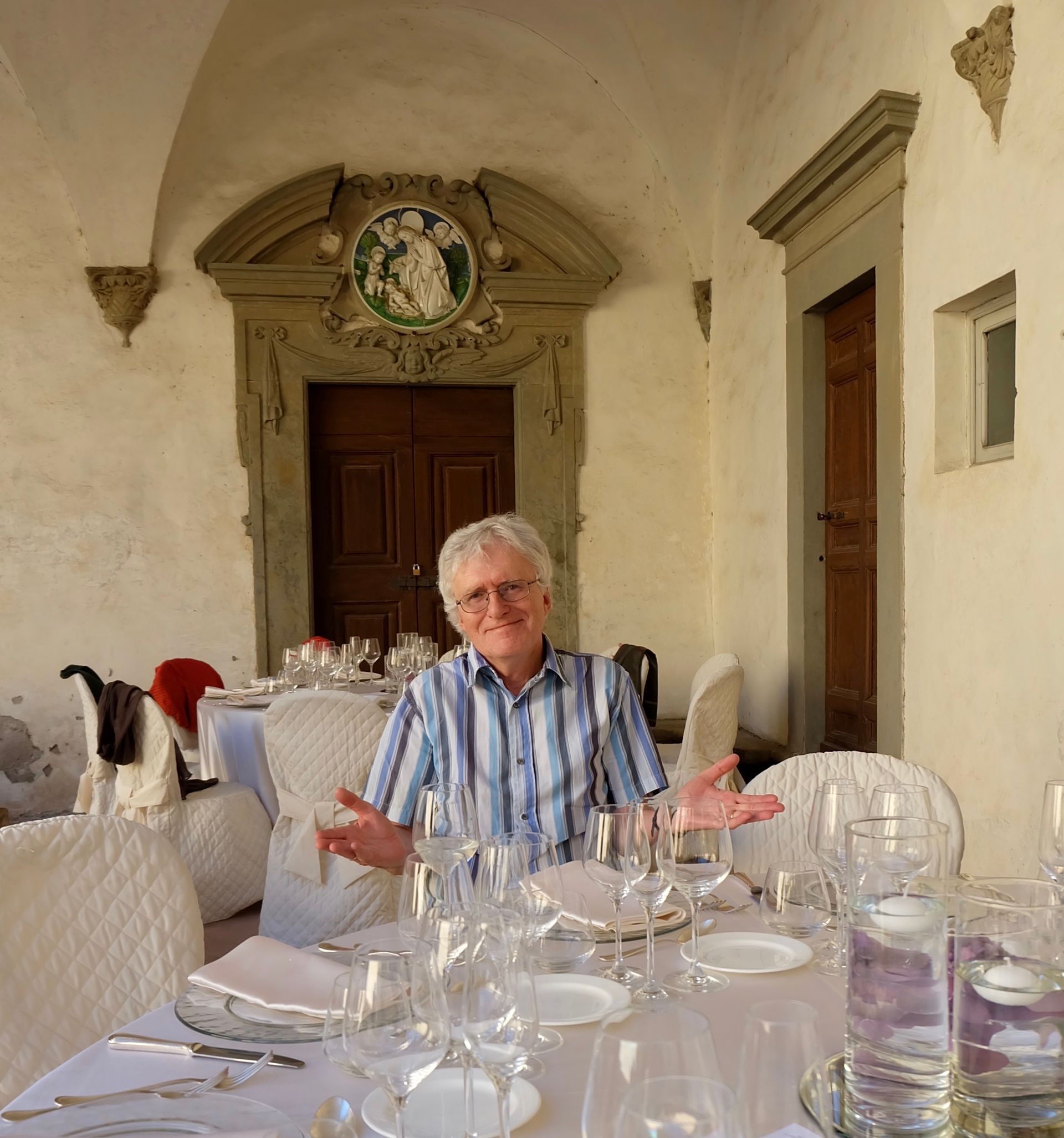In Memoriam: Guido Martinotti 1938-2012
David Moss ANU
Friends, colleagues and readers of his many works will have heard with great sadness of the sudden death of Guido Martinotti, one of Italy’s foremost sociologists and public intellectuals, on December 5 at the age of 74.
Guido Martinotti – @foto: uninews24
Born and educated in Milan, he was largely trained as a sociologist in the United States, thanks to a Harkness Fellowship which provided for a period of extended study in American universities – in his case, Columbia and the University of California at Santa Barbara where he became an annual visiting professor after 1986.
Other beneficiaries of Harkness and Fulbright awards who belong roughly to his own generation and who drew similar inspiration from what was then the primary frontier of sociology include Gianfranco Poggi, Alberto Martinelli, Franco Ferraresi and Marino Regini. Collectively they played a major role in establishing the development of sociological research in Italy, investigating the impact of modernity across the entire range of Italy’s cultural, political, religious and economic institutions.
Their research revealed the new shape of real life in cities, university classrooms, local sections of political parties and religious organisations, and factories. Their commitment to the development of both theory and empirical research was a vital element in rescuing the young discipline of sociology from the condescending hostility of many humanist intellectuals, notably Benedetto Croce who declared in 1950 that it was an ‘inferma scienza, arbitraria e sconclusionata’, without any success in Germany or Italy ‘se non presso scrittori privi di buona e vigorosa logica ossia scarsi di critica’.
Martinotti’s first research interest was higher education, in particular the social profile of university students in the wake of the liberalisation of access in 1969. In this field his publications also include analyses of the broad issues raised by contemporary forms of knowledge ( Informazione e sapere , 1992; Bisogni informativi, banche dati e territorio , 1994). His best-known publications derive, however, from his interest in the sociology of contemporary urban life and the continuing transformations of the world’s major conurbations in the wake of the economic and communications revolutions of the past twenty-five years ( Metropoli. La nuova morfologia sociale della citta , 1993; La dimensione metropolitana. Sviluppo e governo della nuova città , 1999). But, notwithstanding his essentially cosmopolitan outlook, he was also deeply interested in what was happening on his own doorstep in Milan ( Atlante dei bisogni delle periferie milanesi , 2001). As a founding member and professor of urban sociology at the University of Milan-Bicocca, established in 1998 in an area of Milan’s semi-periphery once occupied by the Pirelli factories, he was ideally placed to chart the nature of post-industrial cities and the ways in which they accommodated – more often failed to accommodate – their new inhabitants.
His interest in Milan as a product of the interaction between its political, cultural and economic élites was far from being exclusively intellectual. As the co-author with his wife and classical scholar Eva Cantarella of a school textbook on how to become a citizen ( Cittadini si diventa , 1996), he was in many ways a model for that ideal – a member of countless national and international professional bodies, architect of the 3 + 2 reorganisation of the university curriculum (he chaired the committee of reform appointed by the then Minister of Education, Luigi Berlinguer), and a penetrating commentator on public issues for Reset and Arcipelago Milano . Very many people will share the sadness of his colleague and friend Alberto Martinelli at the loss of his sane, sharp and deeply affectionate voice.









